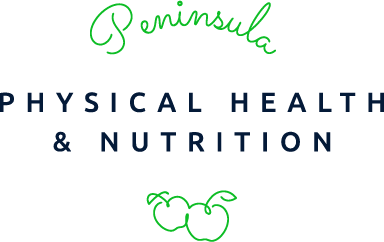The truth about alcohol and your health
Alcohol is one of those things that most people enjoy but knows isn’t great for their health. A drink after work, a cheeky beer in the sun, celebratory champagne, a nice glass of red on a cold night, you name it, it’s been done.
What makes alcohol so bad?
Alcohol, when consumed in heavy amounts, can cause inflammation of the liver, scarring (cirrhosis) of the liver, cardiomyopathy, vitamin B deficiency (particularly folate) and different types of cancers, including breast, colon, prostate, mouth and oesophagus. Alcohol is also associated with increased violence, road fatalities, sleep disturbance and crimes.
Alcohol is full of empty calories, meaning that your body gets the calories, without the nutrition. The average standard alcoholic beverage contains around 100 calories – that’s the equivalent of a thick slice of bread, a large banana or a small tub of yoghurt. The issue with alcohol consumption and weight is that the calories contained in the alcohol are very rarely factored into ones daily intake of food, i.e. Few people eat less during the day to account for the 300 calories they will consume with their 3 glasses of wine on a Friday night.
Along with the empty calories, mindless eating or munchies also goes hand in hand with drinking. This means that often, higher calorie, less nutritious foods are commonly overconsumed, such as chips, cheese and crackers, takeaway, etc.
Alcohol also dehydrates. As well as this, most people neglect to drink water or other hydrating beverages when drinking alcohol; this is often why headaches are experienced after drinking.
What is a standard drink?
This is where people can get caught out; you think they have only had 2 glasses of wine that has been poured into your oversized, trendy glass, when really you have probably consumed half a bottle in those 2 glasses. A standard drink is:
- 30mls of a 40% spirit
- ~100mls of a 12% wine
- A pot (285mls) of 4.8% beer
Are there any benefits to alcohol?
Light to moderate alcohol consumption may be associated with a reduced risk of multiple cardiovascular issues.Studies have shown that 1-2 glasses of red wine per day can improve HDL ‘good’ cholesterol and decreases cardiometabolic risk. This is thought to be due to the polyphenols contained in red wine which prevent platelets from sticking together, reducing clot formation – similarly to how aspirin works.
The social and psychological benefits of alcohol may contribute to health and well-being. A drink before a meal can improve appetite or offer a soothing respite at the end of a stressful day; the occasional drink with friends can be a great social outlet. The important thing to remember is to aim for at least 2 alcohol free days per week, and keep drinks to 1-2 on the days you do drink.





